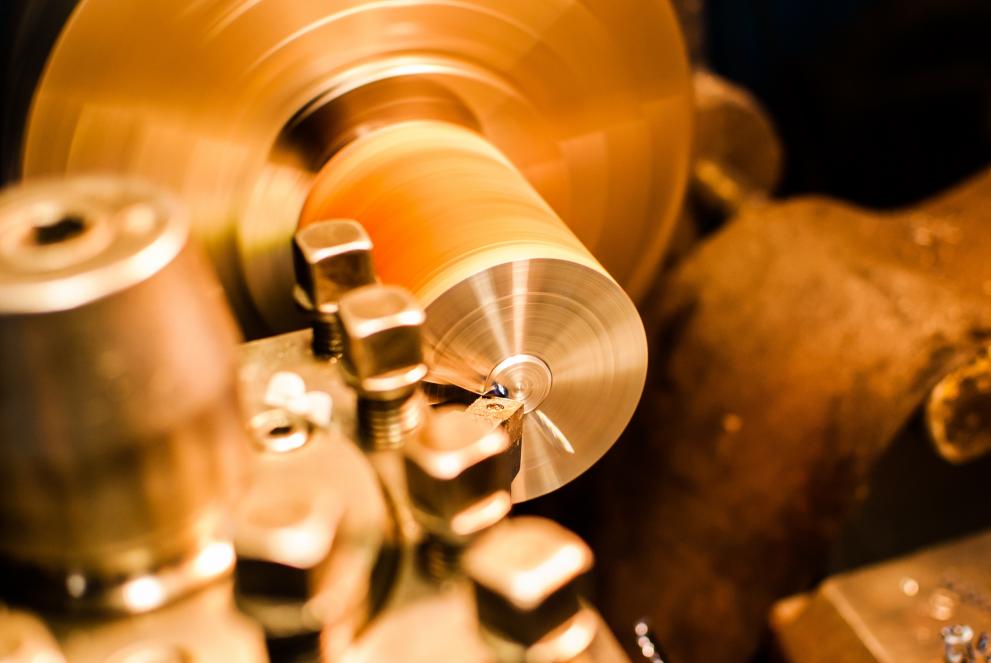
Not entirely accurate and semi-automated production machinery, manual rework, inefficient set-up times – companies of various industries experience such accompanying issues of traditional production processes causing suboptimal operations output, a lack in product quality and employee dissatisfaction. In order to provide a remedy and to enable the production of the future, deploying advanced robotics can be suitable action.
Robotics is an intersection of mechanical, electronic and information engineering as well as computer science and specifically aims at developing machines being able to replicate and substitute human actions. In the narrower sense this means deploying devices being capable to not only complete repetitive tasks but also to facilitate more complex and multi-level processes by enriching them by smart and cognitive functionalities such as connectivity, autonomous machine-to-machine communications and decision making. In consequence, this leads to appointing such multipurpose robots with superior perception, integrability, adaptability and mobility and subsequently to transform industrial operations in general.
However, in a broader sense robotics can also be applied to non-physical and non-production operations. Business and administrative processes can be streamlined and optimized by applying robotic process automation (RPA). Such automation is based on software robots being able to observe and learn from demonstrated digital tasks and subsequently apply these autonomously.
Besides a higher quality of the production output and a more reliable execution of processes businesses can especially benefit from applying robotics in terms of increased efficiency and can subsequently tap saving potentials.
